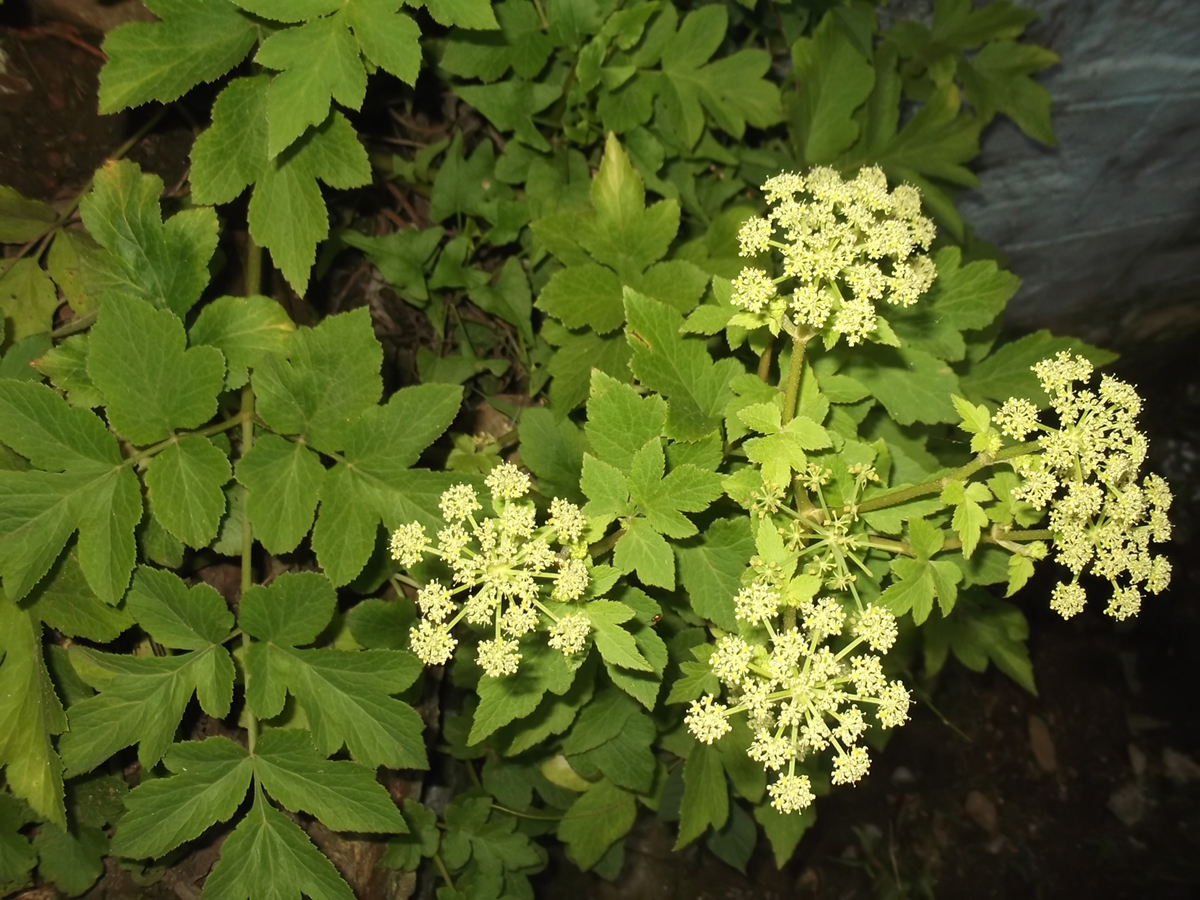
Endometrial tissue can entrap blood, and bits and pieces of the endometrium (the lining of the uterus) can break off during menstruation and lodge in the ovaries, causing infertility. Dong quai, usually taken as a tea brewed with dong quai, peony, cinnamon, and other herbs, helps limit the damage caused by endometrial tissue. Since the misplaced tissue in endometriosis is part of the lining of the uterus, it continues to grow during the first 14 days of a woman's menstrual cycle, even if it is lodged at the opening of the fallopian tubes that deliver the egg from the ovaries. Anything that minimizes the action of estrogen also minimizes the growth of endometrial tissue. This aids fertility.
Scientists know from years of laboratory work that dong quai contains compounds that reduce estrogen production. And since they also reduce testosterone production, they avoid the masculinizing effects of some common drugs for endometriosis, drugs that cause hair growth, acne, and even deepening of the voice. What can you add to dong quai formulas to make them even more effective? It is also helpful to take the North American herb vitex. Dong quai reduces estrogen production, and reduces the monthly swelling of endometrial tissues. Vitex increases progesterone production, which stops the first half of a woman's menstrual cycle.
When progesterone levels go up, growth of endometrial tissue stops until the next menstrual cycle. If cramping is a problem, it is also helpful to take tinctures or teas of dioscorea, also known as wild yam. Despite what you may have heard or read, dioscorea contains absolutely no progesterone, although some unethical manufacturers combine synthetic progesterone with their herbal products. Pure, organic, natural dioscorea, however, is a good way to stop cramping and also to relieve constipation and headaches.


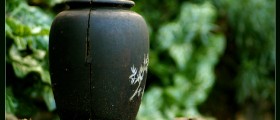
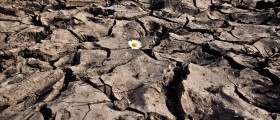

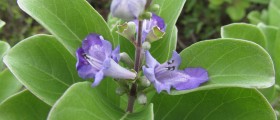
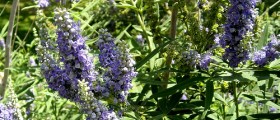
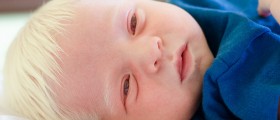


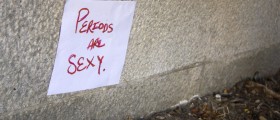



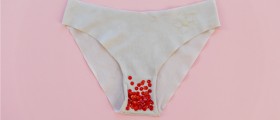
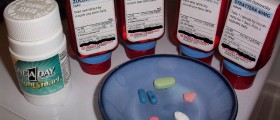
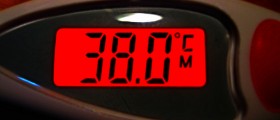
Your thoughts on this
Loading...